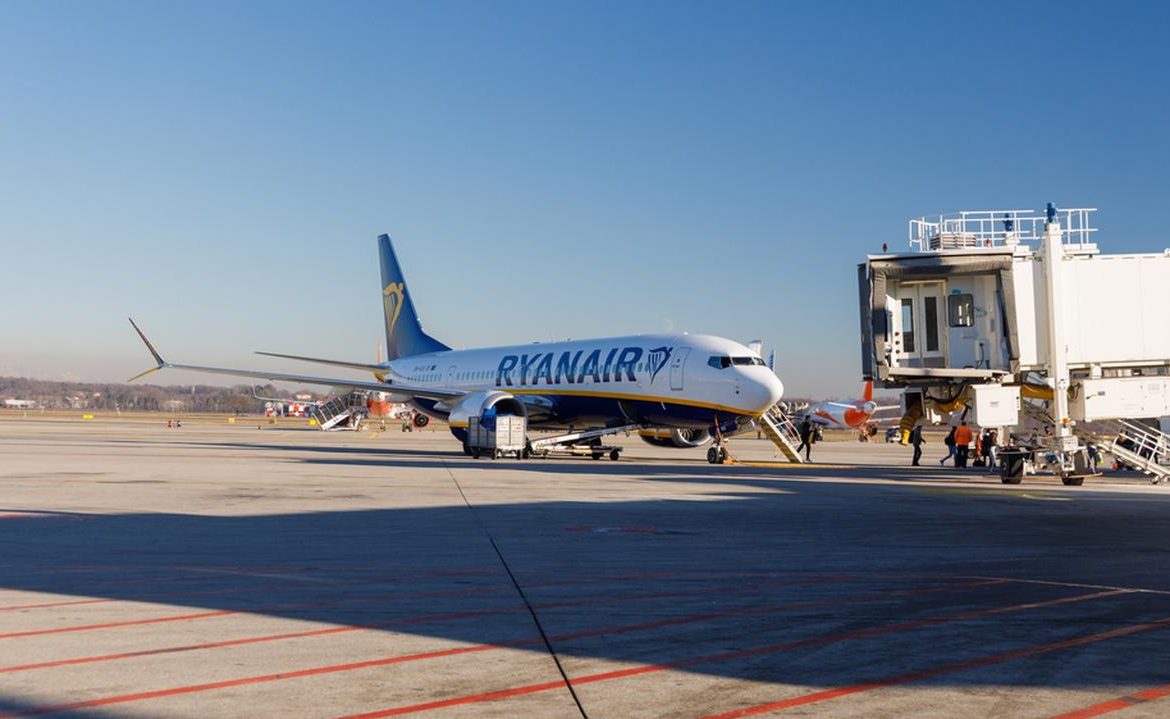Irish airline Ryanair requires South African passengers to confirm their citizenship before traveling by passing a test written in Afrikaans, which is used by 12 percent of the country’s population and equates to apartheid as well as South Africa’s white minority.
Ryanair airlines that do not operate flights to and from the Republic South Africarequires all passengers traveling to Great Britain Fill out a ‘Simple Questionnaire’ due to frequent counterfeiting of South African passports. A spokesman for the Irish airline said: “If they are unable to fill out this questionnaire, their travel will be refused and they will be fully refunded.”
The carrier informed that the questionnaire would apply to every South African passport holder traveling to the UK from another part of Europe. The British diplomatic mission in South Africa has already pointed out the case, explaining that the Ryanair test was not a requirement of the London government. The Irish did not respond. The airline did not answer the question of why it requires completion of the test when this is not a UK requirement.
Ryanair forces South Africans to prove their citizenship with an Afrikaans testReuters archive
South Africa’s Home Office, which has previously warned of passport fraud rings, said it would issue a statement on the Ryanair-led test.
Survey criticism of South Africans
Zinhle Novazi, a South African lawyer, completed the test before traveling from Ibiza to London. She said the survey included questions about South Africa’s highest mountain, largest city and a national holiday. “I was able to answer the questions,” said Nowazi, who studied Afrikaans at school but is not fluent in it. She wrote to the South African Department of International Relations and Cooperation on the matter, but received no response.
Ryanair’s test sparked a reaction from South Africans in Johannesburg. “It’s discrimination for the masses of South Africans who don’t speak Afrikaans,” Siviwe Jwala said. “They are using this questionnaire in a completely ridiculous way,” Konrad Steenkamp of the African Language Council added.
The language is the third most common of the 11 official spoken languages in South Africa, and is spoken by about 12 percent of the country’s 58 million people. It has always been identified with apartheid ideology and was considered the official language until the end of apartheid in 1994.
Main image source: Michael Daba / Shutterstock.com







